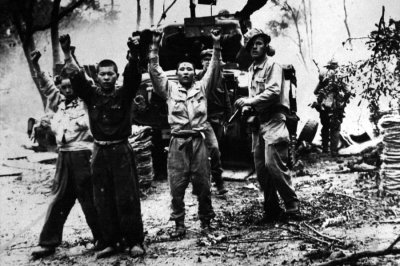Topic: Mohammed Reza Pahlavi
Mohammad Rezā Shāh Pahlavi, Shah of Iran, (Persian: محمدرضا شاه پهلوی, pronounced ) (26 October 1919, Tehran – 27 July 1980, Cairo), was the monarch of Iran from 16 September 1941, until his overthrow by the Iranian Revolution on 11 February 1979. He was the second and last monarch of the House of Pahlavi of the Iranian monarchy.
The Shah came to power during World War II after an Anglo-Soviet invasion forced the abdication of his father, Reza Shah. Mohammad Reza Shah's rule oversaw the nationalization of the Iranian oil industry under the prime ministership of Mohammad Mossadegh. During the Shah's reign, Iran celebrated 2,500 years of continuous monarchy since the founding of the Persian Empire by Cyrus the Great. His White Revolution, a series of economic and social reforms intended to transform Iran into a global power, succeeded in modernizing the nation, nationalizing many natural resources and extending suffrage to women, among other things. However, the decline of the traditional power of the Shi'a clergy due to parts of the reforms increased opposition.
While a Muslim himself, the Shah gradually lost support from the Shi'a clergy of Iran, particularly due to his strong policy of modernization, secularization and conflict with the traditional class of merchants known as bazaari, and recognition of Israel. Clashes with the religious right increased communist activity and a 1953 period of political disagreements with Mohammad Mossadegh, eventually leading to Mossadegh's ousting, caused an increasingly autocratic rule. In 2000, U.S. Secretary of State Madeleine K. Albright stated:
It uses material from the Wikipedia article "Mohammed Reza Pahlavi."





